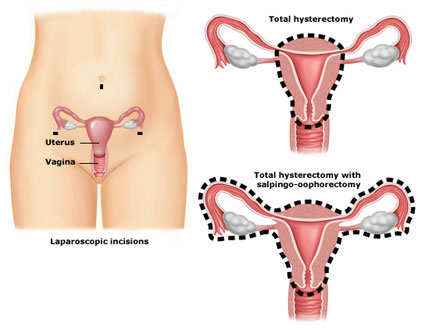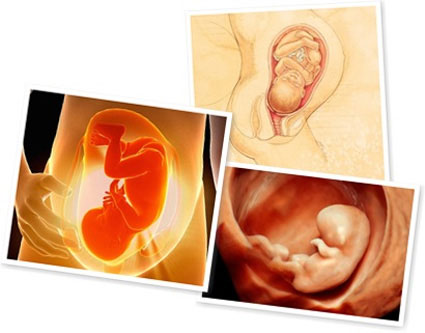Carrying a baby in your womb for nine whole months seems a long time. But this is the time the foetus needs to develop into that perfect bundle of joy that emerges in the delivery room. While some babies are content to linger in the security of their mothers' wombs, others seem to be in a rush to get out into the world. These premature babies soon discover that nature has ordained a nine month gestation period for a reason. They are often not physically mature enough at birth and are sometimes born with health complications as a result of the fact that they have not developed fully.
What is Premature Labour?
Premature labour is one of the most common complications of pregnancy. Labour is termed premature when:
- The infant weighs less than 5 1/2 pounds at birth
- The infant is delivered before 37 weeks of pregnancy
What are the Symptoms of a Premature Labour?
The onset of premature labour is marked by menstrual-like cramps, clenching of the stomach muscles, dull ache in the lower back, pressure in the lower back, pelvis, abdomen and thighs, and intestinal cramping.
What Causes Premature Labour?
The causes of preterm labour have been difficult to identify. Some factors that seem to increase the likelihood of premature labour are: multiple birth, hydramnios, abnormalities in the structure of the uterus, smoking, drinking, inadequate weight gain in an underweight mother, bleeding before labour, intrauterine growth disturbance, intrauterine foetal death, eclampsia and pre-eclampsia and infections.
How is Premature Labour Handled by Doctors?
Once a woman goes into premature labour, the doctors are in a dilemma whether to stop the labour or allow it to continue. They have to weigh the risks to the health of the mother as well as the well-being of the baby in the balance. Obviously, the ideal situation would be if the mother could carry the baby to term so that the foetus can mature in its natural environment. Thus, if the doctors are of the opinion that the uterus, placenta, etc. is in working condition and can nourish and protect the baby, they opt to stop the labour.
Halting the labour is a delaying device that doctors often use to allow the baby's lungs to develop. Once they stop the labour, doctors can administer cortisone-like steroid hormones to the mother that induce the lungs of the foetus to mature. It has been found that these steroids reduce respiratory problems in babies born after only 28 to 32 weeks of gestation.
The doctor will react to the first signs of premature labour by ordering strict bed rest and increased fluid intake. If premature labour begins after just twenty weeks of pregnancy, drug therapy may be used to arrest labour and may be continued for as long as thirty six weeks. Labour-stopping drugs include magnesium sulfate, indomethacin, and beta-adrenergics like ritodrine and terbutaline. However, drug therapy may not be effective in all cases.
If the doctors fail to arrest premature labour, they make every effort to ensure a safe delivery. The foetal heart rate is closely monitored for any signs of foetal distress. An episiotomy may be performed to relieve the pressure on the baby's delicate skull and bones.
How to Prevent a Premature Labour?
To prevent a premature labour, it is extremely important for expecting mothers to follow a healthy lifestyle during the entire pregnancy term. Taking prenatal vitamins on time and regular prenatal check-ups as per the schedule prescribed by an obstetrician are a must. Having a healthy diet is also very important for gaining adequate weight and preventing premature labour.
So, if you are expecting, make sure that you quit all the unhealthy habits like smoking, drinking etc. Discuss your medical history and medications that you are taking with your obstetrician so that he or she may suggest some alternations for a safe pregnancy. Strictly follow the advice of your obstetrician for having a healthy and safe pregnancy and to avoid complications like premature labour.































